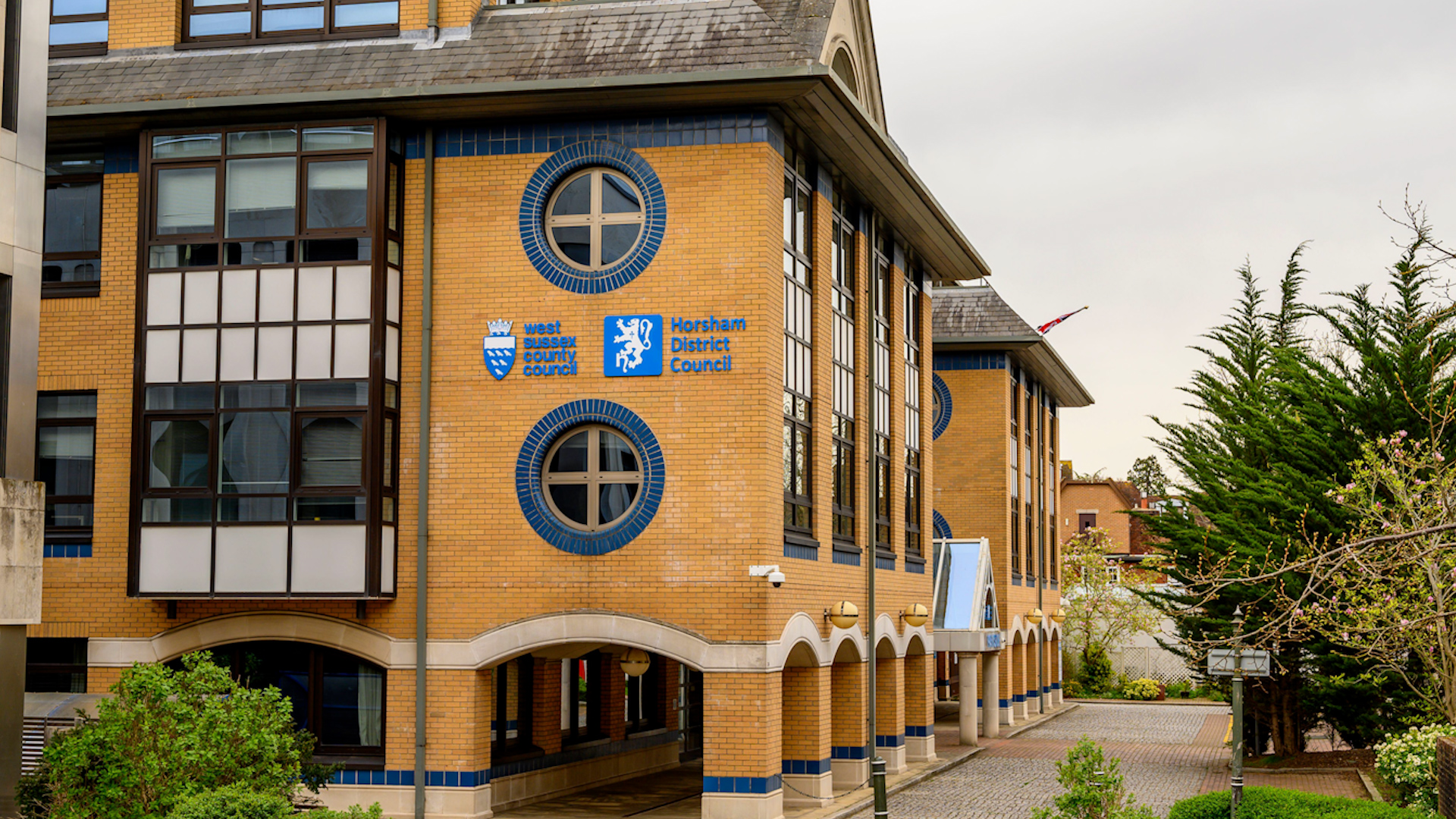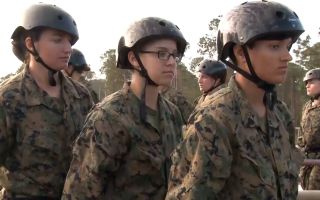
Sandhurst cadet found dead after not getting into preferred regiment, inquest hears

An Army officer cadet who was driving back to Sandhurst was found with a fatal gunshot wound after he failed to get into his preferred regiment, an inquest has heard.
Edward Milner, 26, of Bepton, West Sussex, was found on 6 May after reports to police of a car leaving the carriageway of the A286 near Midhurst.
The area coroner told the inquest in Horsham there was a lack of evidence as to Officer Cadet Milner's state of mind, and he ruled out a conclusion of suicide.
Officer Cadet Milner had wanted to join the Parachute Regiment or the Irish Guards, but due to their popularity, they were oversubscribed and he was filtered out of the process.
Despite this disappointment, he was still in line for a place with the Princess of Wales's Royal Regiment.
The coroner told Officer Cadet Milner's family: "The facts that I have got are quite bare. You know that he had a difficult second term."
He said Officer Cadet Milner had had a setback in his career plans, but added "equally I have heard a lot about his resilience" and his ability to analyse situations and deal well with feedback, as he was driven to improve.
A post-mortem examination found Officer Cadet Milner had sustained a gunshot injury to the head, and tests found no significant alcohol or drugs in his body, the inquest was told.
The coroner made a narrative conclusion in which he told Officer Cadet Milner's family that he was "sadly found deceased" in his car on the A286.
The car had gone down a steep embankment and struck a tree.
Officer Cadet Milner had "struggled professionally in his previous term" but no details about his state of mind had been identified and the police do not think any third party was involved in his death.
Officer Cadet Milner, a licensed shotgun owner, had left his home just after 05:00 and was heading back in his car for his third term at Royal Military Academy Sandhurst.
The inquest heard that he had also suggested he was planning to go clay pigeon shooting, which was one of his favourite hobbies.

Officer Cadet Milner had just returned from a holiday with his girlfriend who described him as being "keen" to chat about training, and she "only heard positive things about Sandhurst".
She said he had a stomach bug but, although he was poorly, "there was nothing different about his character" and he was "very steady and very calm, but also cheery and positive".
The inquest heard how Officer Cadet Milner had been given light duties after informing Sandhurst he was not fully fit due to his bug. However, he was aware of the upcoming work needed for his course, including an essay, and he wanted to improve.
The coroner, who said Officer Cadet Milner knew he had the expectation of a selection board on his return to Sandhurst that week, added: "All he said about Sandhurst was reasonable and measured, although the second term had not gone as he wanted.
"It was considered that after the full 44 weeks, he would have reached the full commission standard – and that information would have been put back to him in that way."
Mr Turner added: "He was under scrutiny and had other work to produce, such as an essay.
"He was under some pressure but I do not regard that as out of the ordinary."
There was also "nothing untoward raised" in his health and welfare reports, the inquest heard.
Earlier, Major Danielle Davis, a platoon commander at Sandhurst, told the inquest that Officer Cadet Milner was good at boxing and rugby, and showed discipline.
She said he readily volunteered for tasks and seemed to have "limitless reserves of energy".







